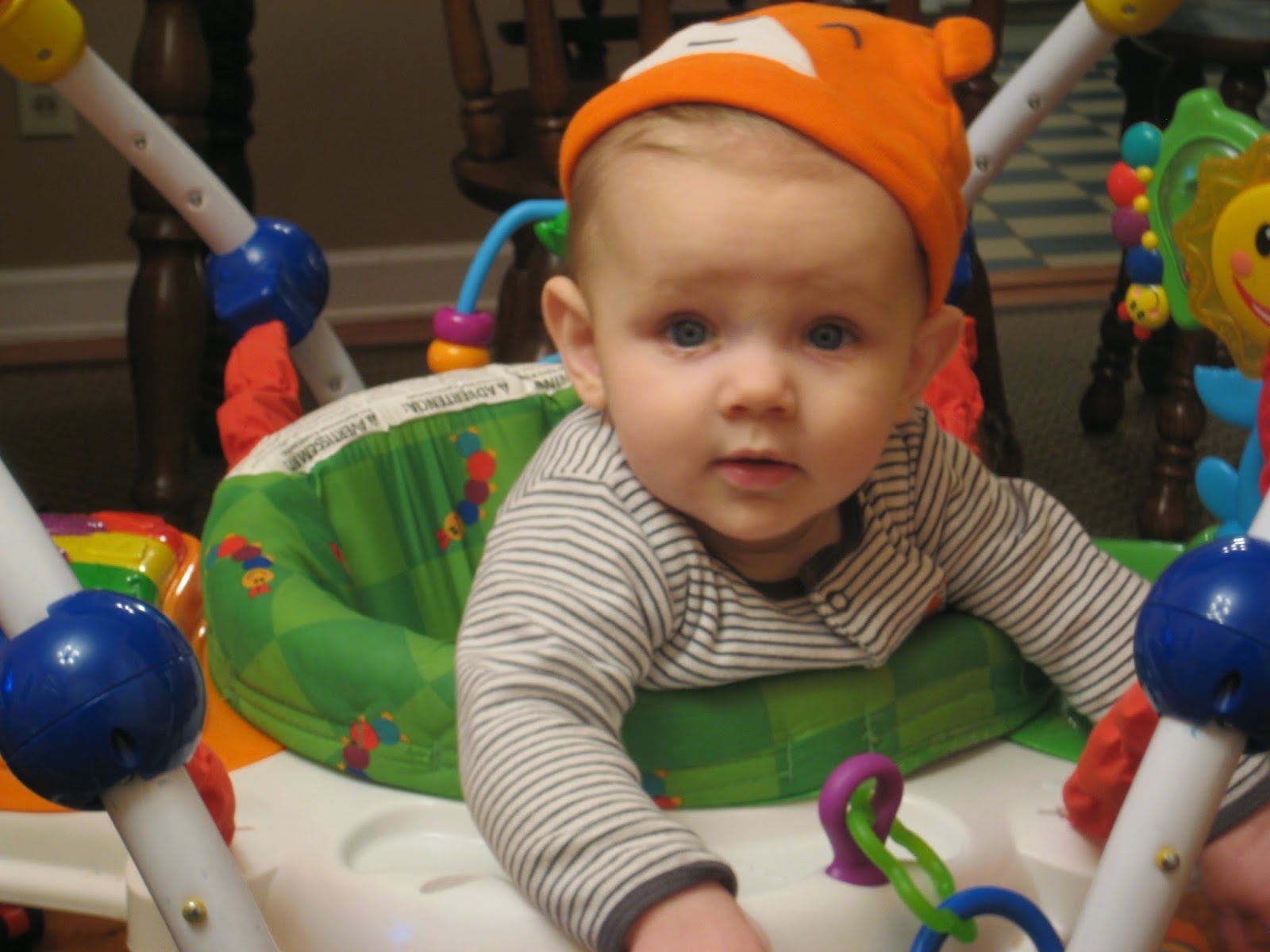Here's a video of the trip, si te interesa: Una Travesía en Centroamerica
 |
| Volcán Concepción: Amber and I with Neftalí, a Nicaraguan guide, one of many friends made on our travels |
A lot of people ask me, "Hey, how was Panama?" I can't really answer that question. I want to say, "How long do you have?" But I usually just say, "Oh, it was good, real good." It can be a little frustrating that I have so many stories to share, but most people don't have the time to hear them. Not that I blame them, it's hard to be really interested in something you weren't a part of and maybe can't relate to. But it's difficult to express the ways I've changed to those I've been out of touch with.
To end this blog it seems like I should give some kind of summary of my experience as a Peace Corps Volunteer in Panama. But I realized that is just not gonna happen. I can't exactly put into words anything that would do my experiences of the past three years justice. What I can say is that it forever changed the person I am and how I see the world. To live with and become friends with people in another part of the world is a powerful experience. It shows you that your way of life isn't normal, it's just how you happen to do it. It shows you a different way of thinking and interacting.
One thing does stand out in light of the current issues with international conflicts and refugees. I now have a much better understanding of what it is like to be a foreigner, and not just a visiting one on a vacation. I haven't had to suffer nearly as much as some, but I know how it feels to be in an unfamiliar and sometimes unwelcoming environment, far away from friends and family. I know the struggles of losing your ability to communicate and being stared at everywhere you go. So I'd like to say I can empathize a little better with those who have either chosen or been forced to leave their homes and go to strange and foreign places. It requires a great deal of strength and courage.
I am going to miss life in Panama. My experience seems to be defined by countless small moments, seemingly insignificant at the time, which all together make a beautiful picture. I will miss sitting on the bamboo floor in Linito's house sharing fried plantains, talking about life. I will miss hearing kids' laughter as they jump off my shoulders into the flowing water of the Tuqueza River. I will miss walking into Miromel's house unannounced and being offered some sugar cane or borojo juice. I will miss the look in Rubén's eyes when he realizes he has learned something new today. I will miss Enrique's big, crooked smile as he shakes my hand after a hard day's work. There are so many moments that shaped my version of life in Panama. From the beauty of a mountain sunrise, to the sense of awe walking through deep jungle, to the peacefulness of waves washing over dark sand, the natural world in this tiny country amazed me. The resilience of indigenous people who, even under oppression and lack of opportunity, do their best to provide for their families and neighbors was an unexpected encouragement. I will always appreciate the warm hospitality of Panamanians, willing to open up their homes and their lives to a complete stranger, who soon became a friend.
 Before I went to Panama over three years ago, I had a lot of doubts about what I was doing. Everything was completely unknown. But the simple act of stepping out in faith, through the uncertainty, was incredibly rewarding. I've had a unique opportunity that I realize most people won't have. And for that I am very grateful. For anyone who is uncertain about a new opportunity, one that seems uncomfortable or unsafe, I would encourage you to take that step. You won't regret it.
Before I went to Panama over three years ago, I had a lot of doubts about what I was doing. Everything was completely unknown. But the simple act of stepping out in faith, through the uncertainty, was incredibly rewarding. I've had a unique opportunity that I realize most people won't have. And for that I am very grateful. For anyone who is uncertain about a new opportunity, one that seems uncomfortable or unsafe, I would encourage you to take that step. You won't regret it.


























